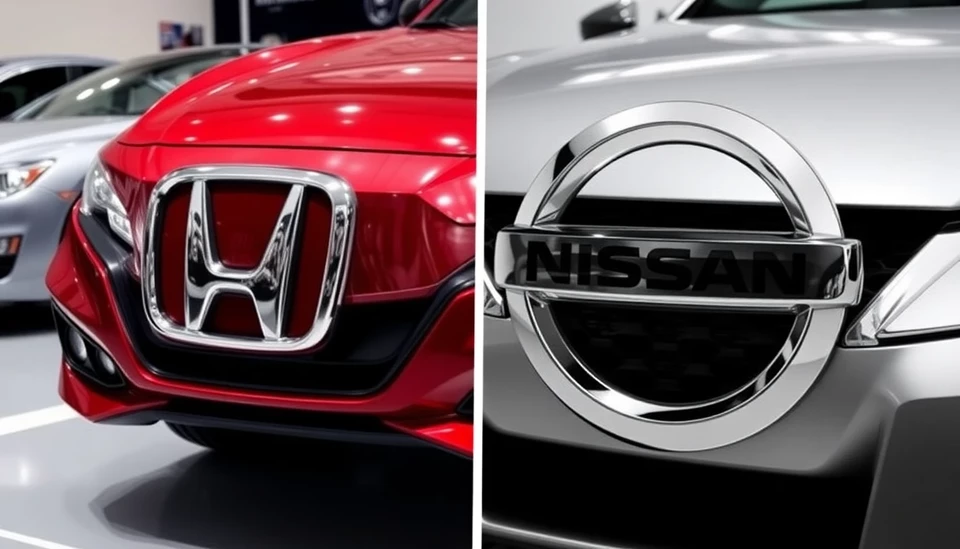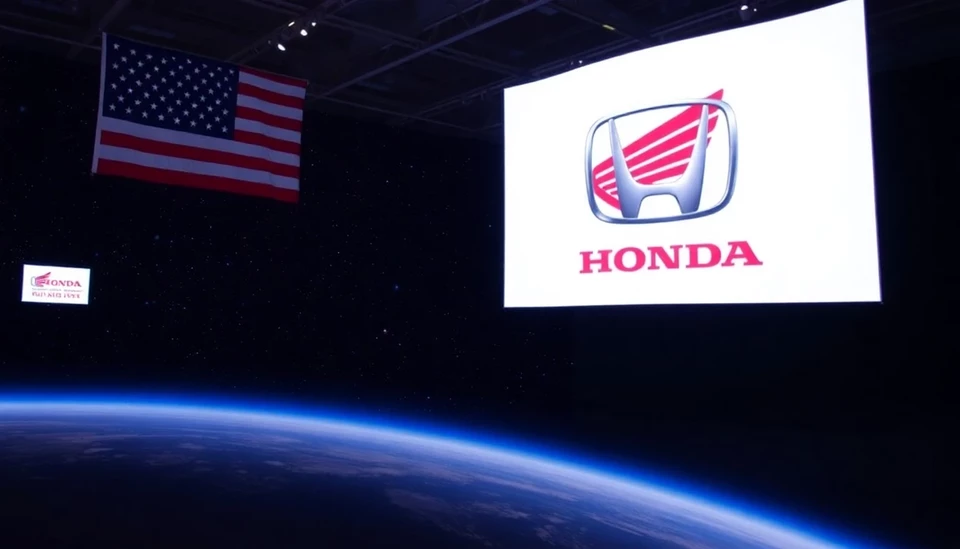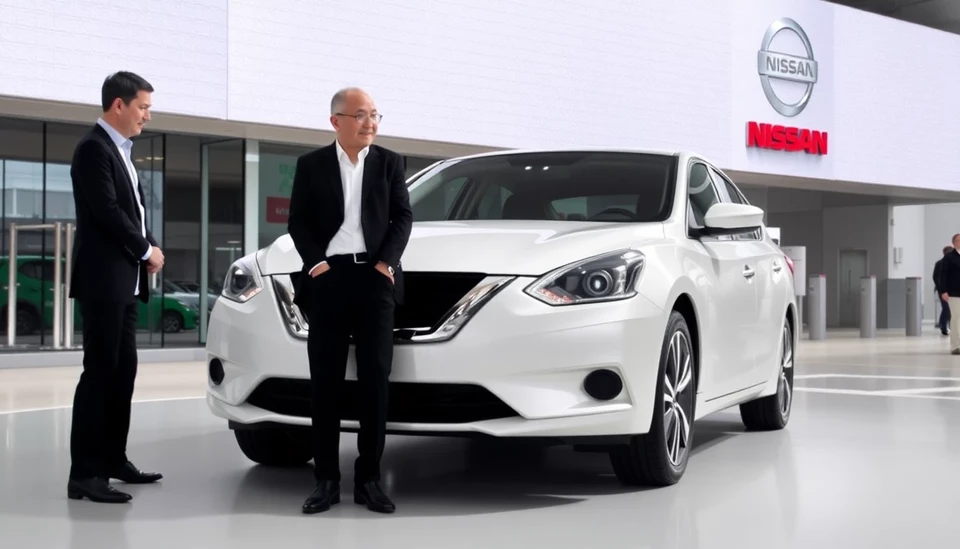
In a significant development within the automotive industry, Honda Motor Co. and Nissan Motor Co. have initiated talks regarding a potential merger that could reshape the future of both companies. The discussions are focused on creating a unified entity by the year 2026, with implications that could resonate throughout the global automotive market.
Sources reveal that the preliminary talks are centered on combining their strengths to better compete in an industry that is rapidly evolving towards electric vehicles (EVs) and advanced technologies. This strategic move aims to bolster both manufacturers' abilities to adapt to growing pressures, such as increasing environmental regulations and shifting consumer preferences toward sustainability.
Honda and Nissan, both well-established players in the automotive sector, recognize the inevitability of consolidating resources and expertise to meet the challenges ahead. By merging, they could leverage shared research and development capabilities, manufacturing efficiencies, and expansive distribution networks.
Industry analysts suggest that a merger could create a formidable competitor against other automotive giants and help both companies accelerate their transition into the EV market. With electric vehicles becoming a significant focus for many major players in the industry, the combined resources of Honda and Nissan could pave the way for innovative product development and broader market reach.
This potential merger is not without its challenges, as both companies will need to navigate complex corporate cultures, existing business strategies, and potential regulatory hurdles. However, if they manage to align their visions and objectives, the merger could lead to a more robust and competitive entity in the automotive landscape.
The announcement has already begun to spark discussions among shareholders and industry watchers, eager to learn more about the implications such a merger could have on market dynamics and consumer options. With the automotive industry in a state of significant transition, this merger could represent a strategic alignment aimed at ensuring long-term viability and success for both brands.
As talks progress, stakeholders will be closely monitoring developments, particularly regarding timelines and the merger's potential impact on employment and production facilities across the globe. The automotive market’s response to such a partnership remains to be seen, but the combination of Honda and Nissan underscores a critical shift towards collaboration in an increasingly competitive environment.
In summary, the unfolding discussions between Honda and Nissan, focusing on a potential merger by 2026, highlight a pivotal moment in the automotive industry. As these two giants contemplate their futures and the necessity for adaptation, the outcome of their negotiations could set a new standard for success and collaboration within the market.
#Honda #Nissan #MergerTalks #AutomotiveIndustry #ElectricVehicles #CorporateStrategy #GlobalMarket #SustainableDriving
Author: John Harris




